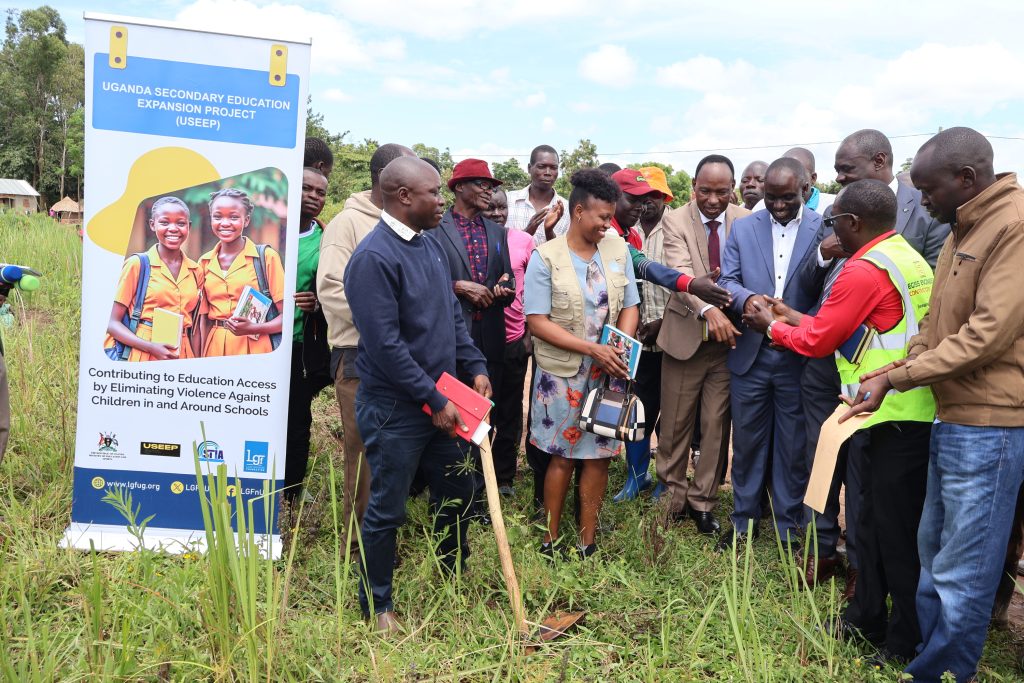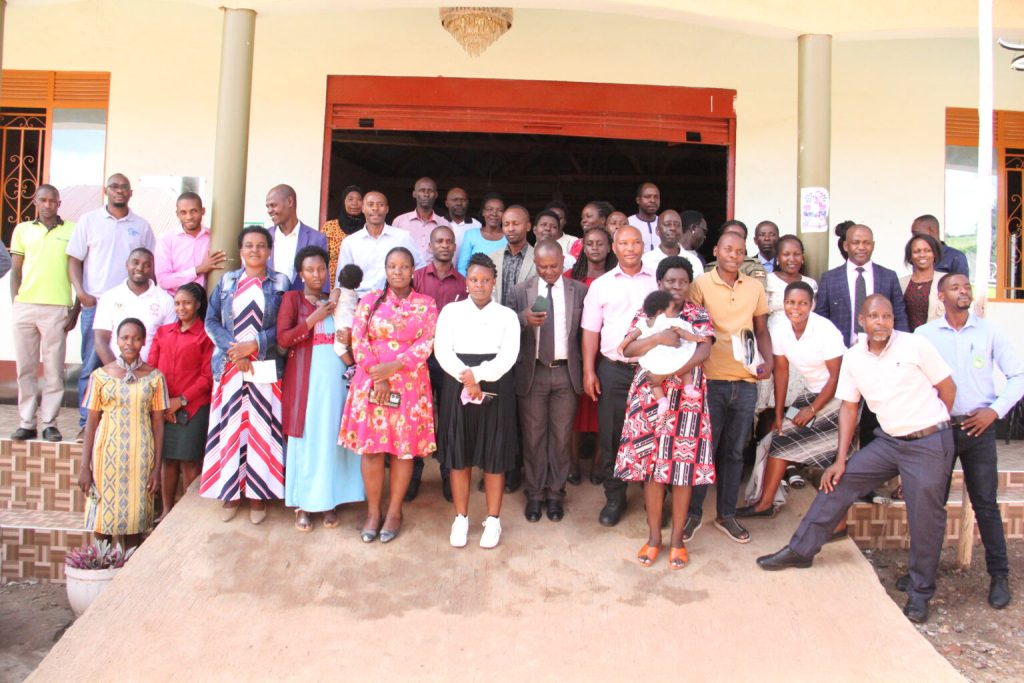YOUTH SKILLING (MENTORSHIP FOR EMPLOYMENT) PROGRAM
The Youth are crucial in socio-economic transformation of a country as a workforce that will drive economic growth and development. This is especially true for developing countries in which the youth form the largest percentage of the population. In Uganda about 78% of the population are youth. According to statistics from the Uganda Bureau of Statistics (Ubos), while unemployment rate stands at 3.5%, for youth is much higher at 32.2% and it is worst for graduates at 36%.
The STI Youth Skilling Program is aimed at reducing youth idleness and criminality by equipping youth with practical knowledge and skills that can enable them gain meaningful employment or start their own business. It is integrated into the production department that supports other STI programs.
One of the major challenges facing developing nations is youth unemployment. This is usually coupled with a high rate of school dropout, for example in Uganda, a study conducted by the Economic Policy Research Centre (EPRC) indicates that about 20 percent of youth aged 14–17 are out of school. This, despite interventions by the government like Universal Primary Education (UPE) and Universal Secondary Education (USE).
Effects of youth unemployment and school dropout are immense. They range from idleness and resulting criminality to engagement in irregular, unsafe and poorly paid jobs since the youth lack skills and therefore do not have bargaining power for better jobs. These are issues that the STI skilling program is meant to address.
Objectives of the STI skilling program:
- Making youth employable by equipping them with up to date relevant skills
- Giving the youth ability to succeed in self-employment and entrepreneurship
- Offer youth employment opportunities to sustain themselves or support themselves in further studies
Departments under the STI skilling program include ICT, Art and design (science models, shoe making, crafts etc), Carpentry, Metal works,Drama and Acting, Games and Sports etc.



